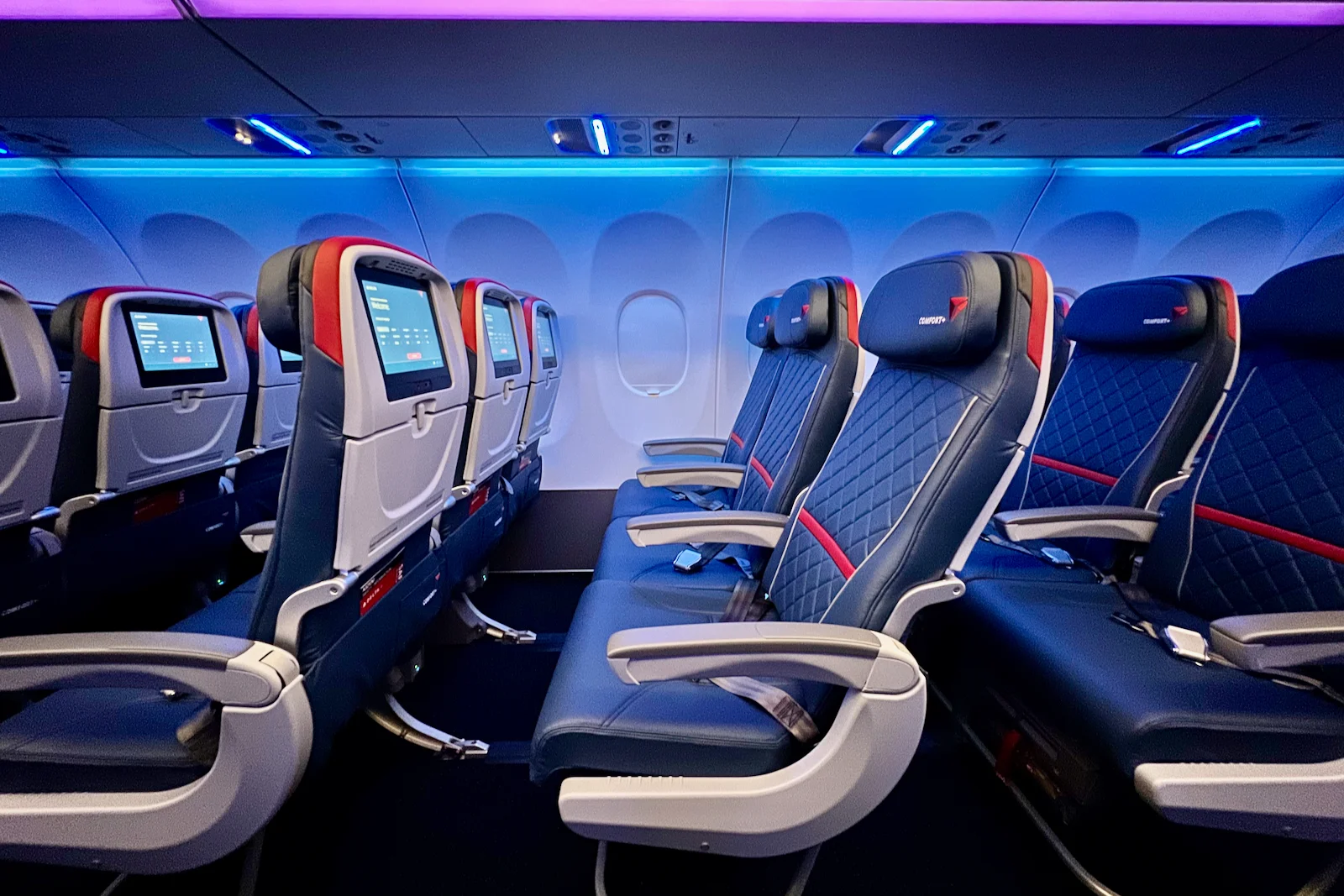Delta Air Lines, a name synonymous with aviation excellence, has a rich history that traces back to the early days of flight. From its humble beginnings in crop dusting to becoming one of the world’s largest airlines, Delta’s journey is a testament to innovation, resilience, and a relentless pursuit of progress.
The Humble Beginnings: Crop Dusting and the Birth of Delta
Delta Air Lines’ story begins in the fertile fields of the Southern United States. Founded on March 2, 1925, by Huff Daland Dusters in Macon, Georgia, Delta was initially a crop-dusting operation. The company’s primary mission was to combat the boll weevil infestation threatening cotton crops. Huff Daland Dusters, using modified biplanes, pioneered aerial agricultural techniques, making a significant impact on farming practices.
In 1928, Collett E. Woolman, one of the company’s early leaders, purchased Huff Daland Dusters and moved its headquarters to Monroe, Louisiana. Renaming the company Delta Air Service, Woolman expanded operations beyond crop dusting to include passenger and mail services. The name “Delta” was inspired by the Mississippi Delta region, a nod to the area the airline primarily served.
Expanding Horizons: From Regional Service to National Presence
Delta’s first passenger flights began on June 17, 1929, with routes connecting Dallas, Texas, to Jackson, Mississippi, via Shreveport and Monroe, Louisiana. The airline quickly gained a reputation for reliability and service, attributes that would define its brand for decades to come.
The 1930s and 1940s were transformative years for Delta. The airline survived the Great Depression and contributed to the war effort during World War II, transporting military personnel and supplies. Post-war, Delta focused on expanding its route network and modernizing its fleet, adding Douglas DC-3 aircraft, which became the backbone of its operations.
Jet Age and Merger Mania: The Evolution of Delta
The advent of the jet age in the late 1950s marked a significant milestone in Delta’s history. The introduction of jet aircraft like the Douglas DC-8 and Boeing 707 revolutionized air travel, offering faster and more comfortable journeys. Delta embraced this change, rapidly expanding its domestic and international routes.
The 1970s and 1980s saw Delta engage in a series of strategic mergers and acquisitions. The merger with Chicago and Southern Air Lines in 1953 expanded Delta’s reach to the Caribbean and South America. In 1972, Delta merged with Northeast Airlines, providing valuable access to the New England region and international routes to Canada and Bermuda.
Overcoming Turbulence: Challenges and Resilience
The deregulation of the airline industry in 1978 brought new challenges and opportunities. Delta navigated the competitive landscape by focusing on customer service and operational efficiency. The acquisition of Western Airlines in 1987 and Pan Am’s transatlantic routes in 1991 significantly boosted Delta’s international presence.
However, the 21st century brought its own set of challenges. The September 11 attacks in 2001, economic recessions, and fluctuating fuel prices tested the resilience of the airline industry. Delta faced bankruptcy in 2005 but emerged stronger after a comprehensive restructuring process. The merger with Northwest Airlines in 2008 was a game-changer, creating one of the world’s largest airlines and solidifying Delta’s position in the global market.
Modern Era: Innovation and Customer Experience
In recent years, Delta has continued to innovate, focusing on enhancing the customer experience and sustainability. Investments in new aircraft, advanced technology, and airport infrastructure have set Delta apart as an industry leader. The introduction of the Airbus A350 and the modernization of existing fleets have improved fuel efficiency and passenger comfort.
Delta’s commitment to sustainability is evident in its ambitious goals to reduce carbon emissions and invest in renewable energy. Initiatives like carbon offset programs and partnerships with biofuel companies highlight Delta’s dedication to a greener future.
A Legacy of Excellence
From its beginnings in crop dusting to its current status as a global aviation giant, Delta Air Lines’ history is a remarkable journey of growth, innovation, and resilience. The airline’s ability to adapt to changing times while maintaining a strong focus on customer service has been key to its success. As Delta continues to soar to new heights, its legacy of excellence remains firmly rooted in its storied past, promising a bright future for travelers around the world.



